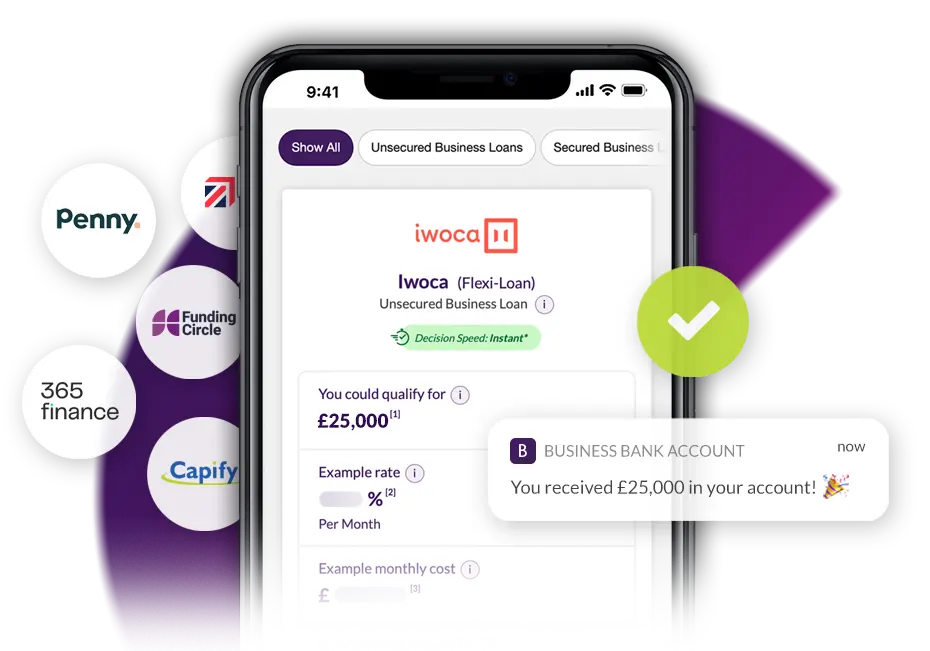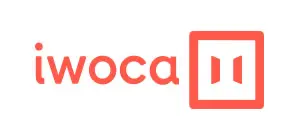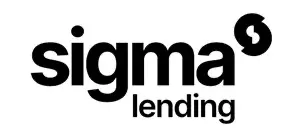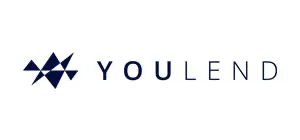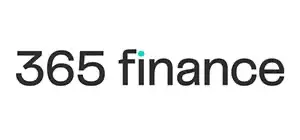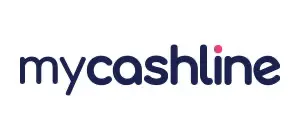Invoice Factoring
Invoice factoring releases the money tied up in unpaid invoices and takes care of customer collections, saving you time and solving your cashflow issues.
- Compare a wide range of lenders and rates
- Check your eligibility in minutes
- Find out how much you could borrow
It's fast, free and won't affect your credit score
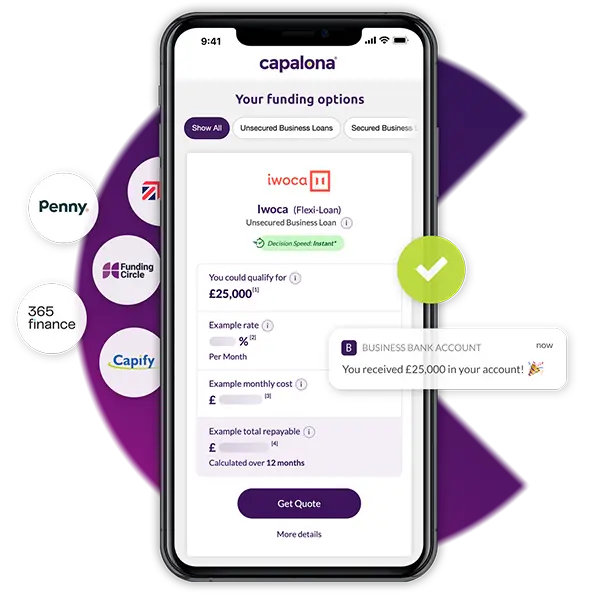

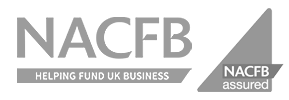



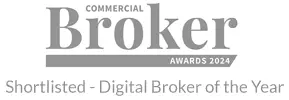
- What is invoice factoring?
- How does invoice factoring work?
- What are the advantages and disadvantages of invoice factoring?
- How much does invoice factoring cost?
- Invoice factoring calculator
- What are the types of invoice factoring?
- What is debt factoring?
- What’s the difference between invoice factoring and discounting?
- Is factoring invoices a good idea?
- Can I factor a single invoice?
- Is my business eligible for invoice factoring?
What is invoice factoring?
Invoice factoring, sometimes known as debt factoring, is a form of invoice finance. And it’s a way for businesses to release funds against an unpaid customer invoice or your entire debtor book.
Everyone likes getting paid; it’s a pretty good feeling. But when you invoice your customer, you have to reside yourself to the fact that payment can take a long time. Invoice factoring presses fast-forward on this process, by granting you access to up to 95% of the unpaid invoice amount quickly.
You sell the invoice amount to a factoring company, which then releases the funds to you. Your customer pays the factoring company, they take their fees off and release the remainder back to you.
It’s a great way to promote healthy cash flow, which means you’re never behind on paying bills, rent, or staff wages. Many companies also use invoice factoring to release large sums of money to inject into a new project or expand into new markets.
You can use your immediate funds for anything business-related. But how does it work? Read on to find out.
How does invoice factoring work?
Let’s say you invoice your customer who owes you £50,000, and you won’t receive this payment for another 90 to 120 days. But you could really do with the money now to inject into your business, or to pay staff wages – in this scenario, invoice factoring takes the heat off.
You can relax, knowing you can access funds tied up in the unpaid invoice almost instantly through a factoring company.
Cash flow is a problem that plagues many UK SMEs, but with invoice factoring, you don’t need to lose sleep over unpaid invoices. Sell a percentage of the total invoice value and pay a fee to the factoring company for the privilege of fast cash.
You can release up to 95% of your unpaid invoice amount. Just think of all the great things you could do with that cash for your business!
What are the advantages and disadvantages of invoice factoring?
Although invoice factoring, or debt factoring, can be a dependable source of cash for any SME, it’s crucial to weigh up the pros and cons before making a final decision. So, what are the advantages and disadvantages of debt factoring?
The advantages of invoice factoring
- Predictable cash flow – pay wages on time every time, invest in new markets, buy more stock.
- Quick access to cash – you don’t have to wait around for your customer to pay your invoice.
- Less admin work for you – with debt factoring, the factoring company manages your credit control, so there’s no need to worry about chasing customer payments, it’s all done for you.
The disadvantages of invoice factoring
- Handing over credit control can damage relationships – having a third party come and chase customers for payments might damage your relationships.
- Invoice factoring is expensive – but if your business has high-profit margins, you can absorb this cost, making it a worthwhile investment.
- No confidentiality - as the factoring company will chase customers for payment, you have to tell your customers you’re working with them.
How much does invoice factoring cost?
There are two costs to consider with debt factoring. The first is called a “factor rate” and costs between 1-5% of the invoice value. The other is a “management/service charge”, this fee can range anywhere between 0.5% and 3% or more of your annual turnover. This charge includes debt collection and sales ledger management.
It’s important to note that factoring fees will vary depending on the factoring company. Costs also vary depending on the size of your business turnover, the value of your invoices and, of course, if you present any risk.
Invoice factoring rates: When it comes to factoring fees, some companies offer flat fee structures with one up front fee, while others may charge a certain amount for the first 30 days and an extra fee for any following day the invoice remains unpaid.
How much will you get?
For example, your company has unpaid customer invoices totalling £15,000, you’re short on cash, or you want to inject it into a new project you’re launching. You decide to sell or “factor” 95% of the invoice value to your factoring company and receive £14,250 in return.
The finance provider then chases the customer for the outstanding payment. Once the customer pays the invoice, the factoring company will remove any applicable fees and charges, including the factor rate and service fees, and return the remaining invoice value to you. So, in this example, if the fees totalled 1.5%, you could expect to pay estimated fees of £225, with £525 being returned to you once the customer has paid the invoice in full.
Invoice factoring calculator
Find out the estimated fees and how much you could raise by using our easy-to-use invoice factoring calculator.
Your results
Advance amount
£0 (%)
Then
£0*
Estimated Fees
£0
* Will be paid to you when your client has paid the invoice in full and within the agreed invoice term.
This calculator is intended for illustration purposes only, and exact payment terms should be agreed with a lender before taking out a loan.
What are the types of invoice factoring?
It would be best if you researched the different types of invoice factoring before you sign on the dotted line. The four types vary significantly, read more about each below.
Recourse Factoring
This type of invoice factoring facility means you’re responsible for repaying any debts your factoring company cannot collect from your client. It simply does not include an invoice insurance product that protects against this bad debt. If your client misses your invoice deadline, the factoring company needs to take funds from your business, so they aren’t out of pocket.
This means less risk for the lender, but a much greater risk for your company. Recourse factoring is still an excellent option to get access to cash quickly for your business, just know that you will be responsible for full payment should the client or customer default or become insolvent.
Non-Recourse Factoring
As you’d imagine, this is the opposite of recourse factoring. Non-recourse factoring is where the factoring company will take all responsibility for all unpaid debts. This means your invoices will be covered by a bad debt protection insurance plan.
Although you might find a factoring company offering this facility, it isn’t commonplace, and the fees will be higher as there’s a greater risk to the factoring company.
Whole turnover factoring
With this facility, you sell or “factor” every invoice you issue to your customers. Whole turnover factoring is the only factoring facility that will guarantee your company a steady cash flow. Any business that values healthy cash flow can choose this option.
Selective, Single and Spot factoring
Although confusing, selective, single and spot factoring are all the same thing – they’re just alternative names. With selective factoring, you can choose which invoices you sell. Sell one or more of your unpaid invoices, but be warned, as a facility, spot factoring can be expensive.
This facility gives you ultimate control and is perfect for SMEs who have trustworthy clients.
What is debt factoring?
Debt factoring is the same as invoice factoring; it’s just another name for it. They both come under the umbrella of invoice finance.
What’s the difference between invoice factoring and discounting?
When customers weigh up invoice factoring vs discounting, the main difference between them is that in invoice factoring, the factoring company will take over your credit control process. They’ll chase customers to ensure the unpaid invoices are paid in full. This does risk damage to your current customer relationships.
With invoice discounting, however, you remain entirely in control of your credit control process. This will mean more admin for you, but if you don’t like the idea of relinquishing control, then invoice discounting could be the better option.
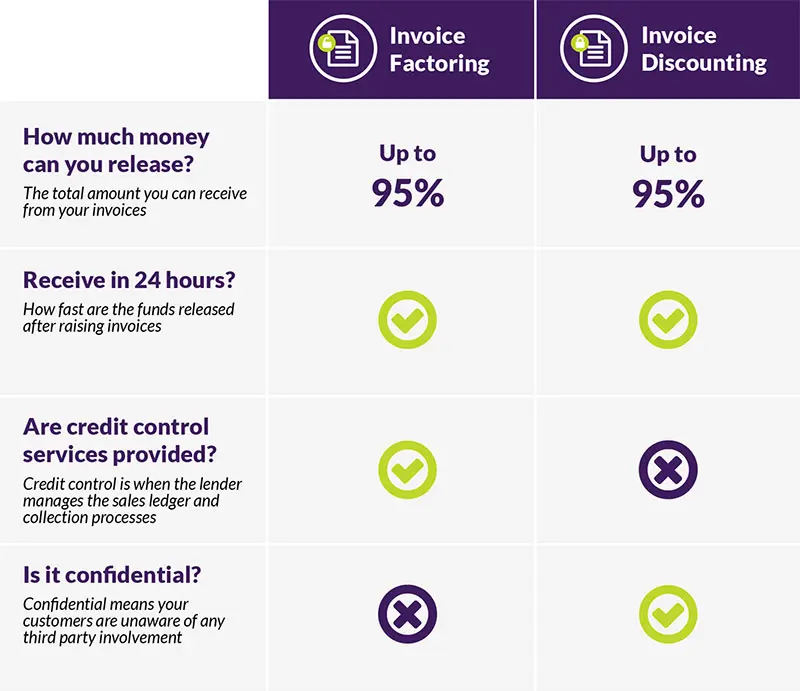
Is factoring invoices a good idea?
If your business has high-profit margins and only invoices a small number of customers or clients, then factoring invoices could be a good idea. It’s a great way to access fast cash, which means your business can benefit from investment into new projects or just simply keep the business ticking over nicely.
You should always thoroughly research all financing options available to you before making a final decision.
Can I factor a single invoice?
You can! With spot factoring, you can do just that. Spot factoring is an invoice finance facility that allows you to select as many or as few invoices as you’d like to sell. Be aware that spot factoring, although flexible, can be a pretty expensive option. Be sure to check whether the charges, including the factor rate and service charges, are worth the ability to receive a small amount of invoices early.
Is my business eligible for invoice factoring?
Does this sound like you? Do you operate a UK-registered PLC, LLP or limited company and invoice business customers for products and services? Then, you could be eligible for invoice factoring.
- UK-Registered business
- Limited, partnership and sole traders accepted
- A minimum turnover may be required (No minimum turnover for selective invoice factoring)
- Provide goods or services to other businesses
Why choose Capalona?
We work with trusted UK lenders to help businesses, just like you, secure the funding they need to grow. We’re passionate about helping SMEs, let us help you.
A few more benefits:
- Get matched to the right finance options for your needs
- Compare the invoice factoring companies
- Our online business finance matching platform is 100% free to use
- We have a large panel of trusted UK lenders
- Our service is fast and effective
Ready to check your eligibility for invoice factoring? Get started today!
Adrian T
5/5
Amazingly fast, efficient service, minimal paperwork. So much faster than my business bank of twelve years.


